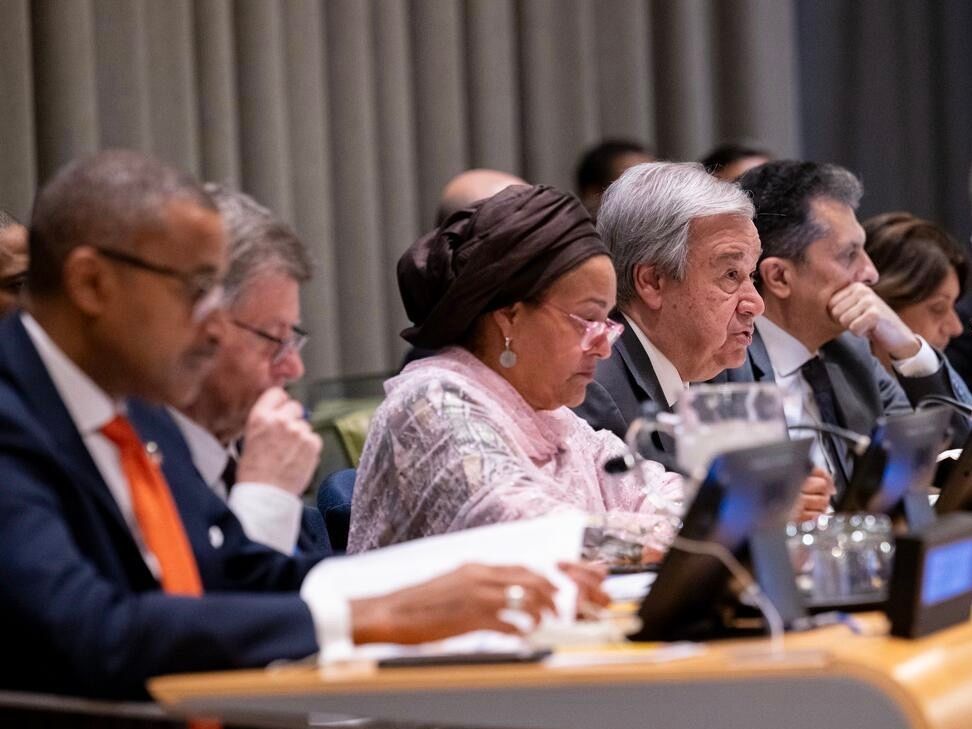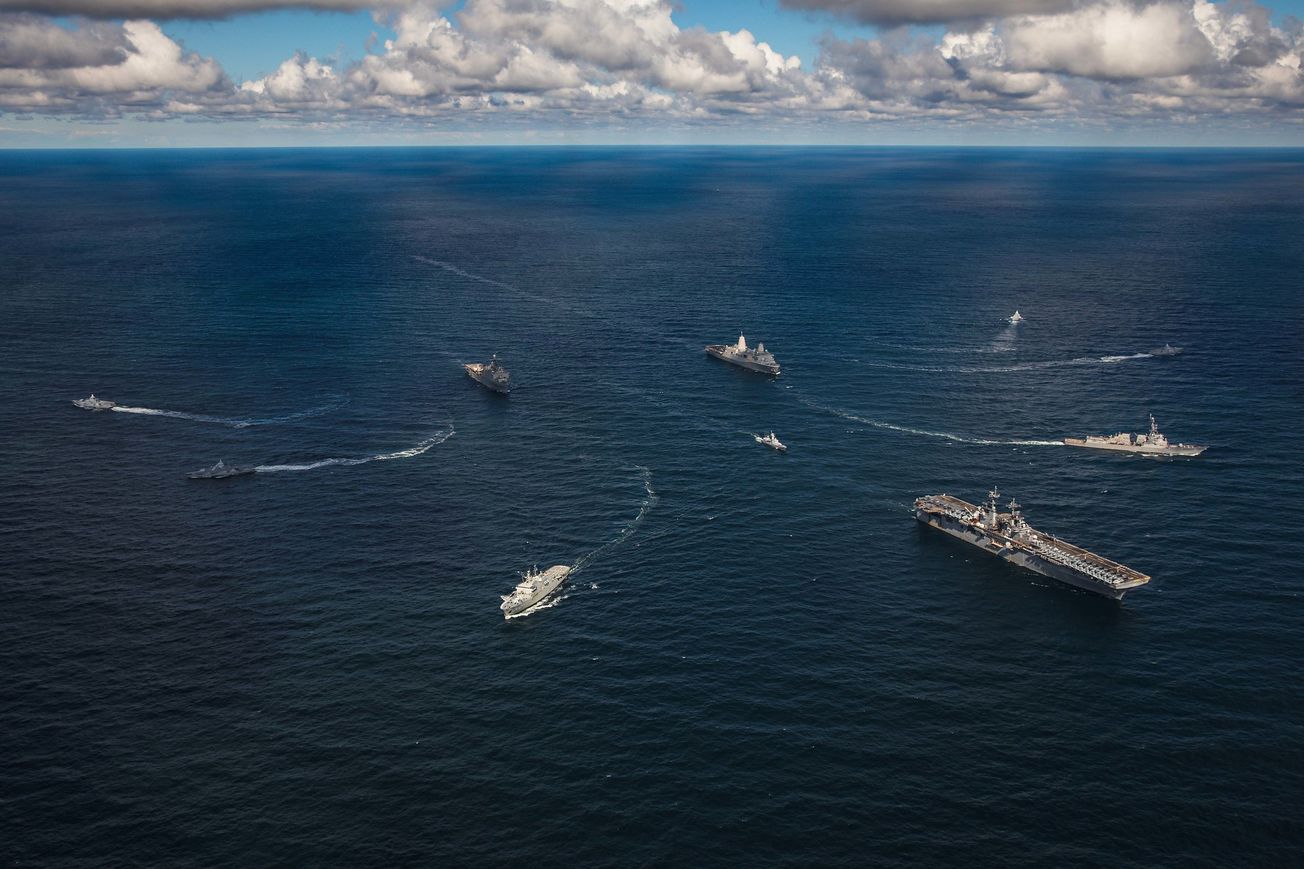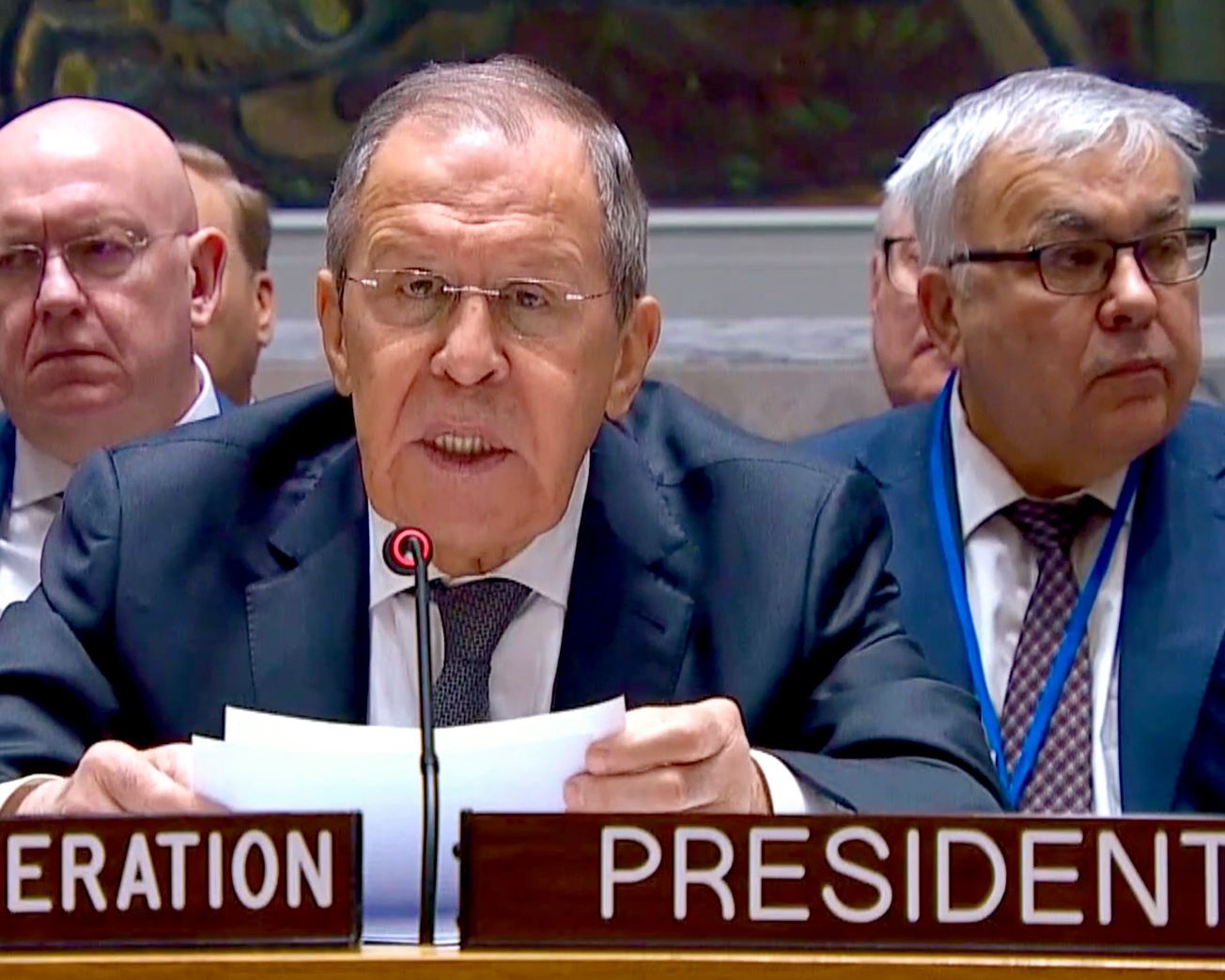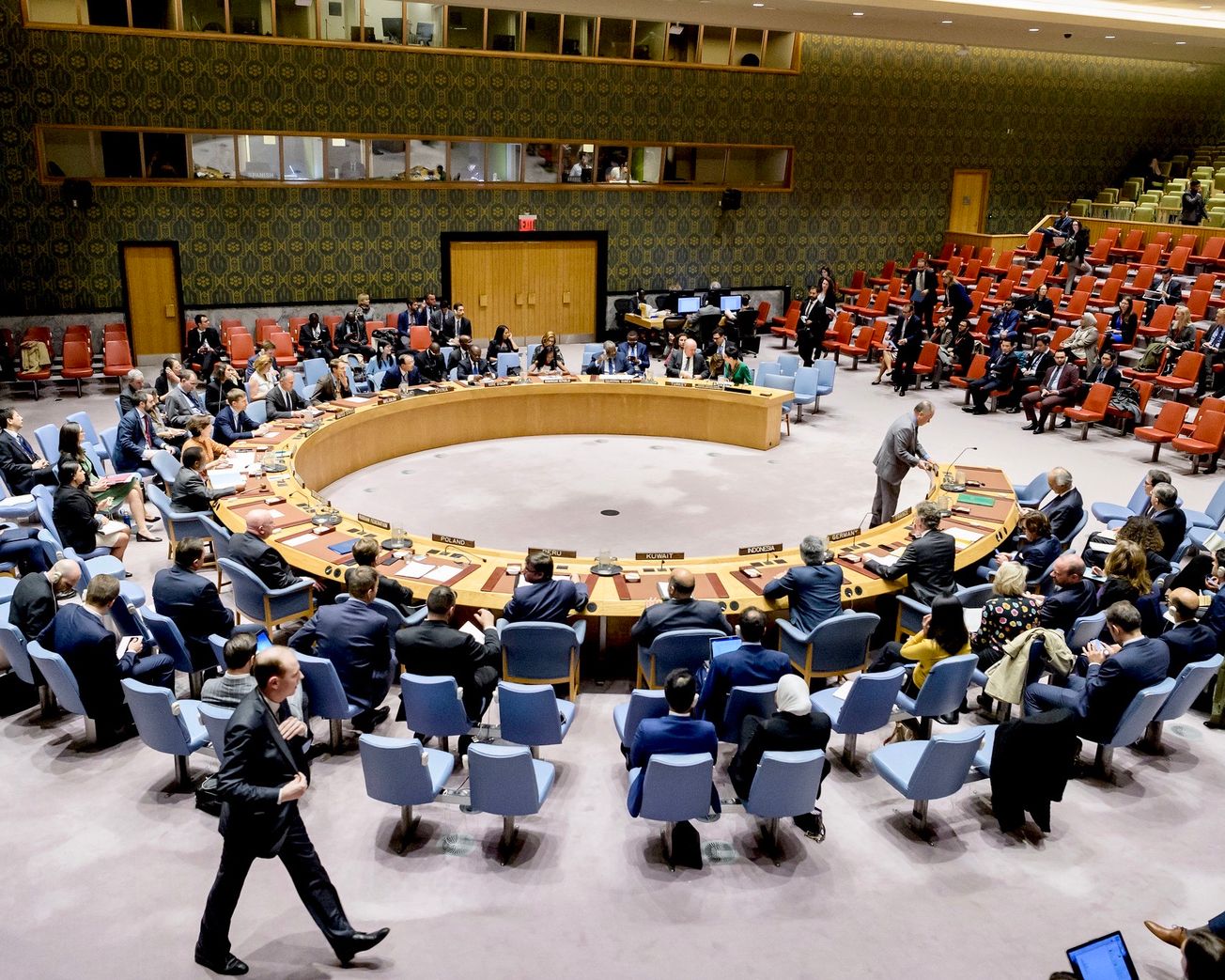
U.N. chief says new 'multipolar world' is replacing post-Cold War era
Guterres' bid to revitalize multilateralism is at the heart of his “New Agenda for Peace” policy paper for the United Nations.
The world's multilateral efforts to solve global challenges are based on a post-World War II political and economic order that is struggling to navigate the 21st century's multipolarity and rise of authoritarianism: the U.S.-China rivalry, Russia's war in Ukraine, Israel and Hamas, the West's conflicts with North Korea and Iran, the crisis in Afghanistan, coups in Africa, and unrest in the Americas over deep-rooted injustices, biases and inequalities.

Already have an account? Log in
Guterres' bid to revitalize multilateralism is at the heart of his “New Agenda for Peace” policy paper for the United Nations.
Ukraine failed to win a definitive timeline for joining the military alliance while Sweden's path to entry accelerated with plans to deepen counterterrorism cooperation with Turkey.
Swiss intelligence points to a "continuing high espionage threat" particularly in Geneva's hub of multilateralism.
The debate over who should succeed Jens Stoltenberg, a Norwegian former prime minister, has become complicated. It's also possible he could agree to a fourth contract extension.
The U.N. General Assembly's vote for the next five seat-holders on the powerful Security Council for 2024-25 delivered a resounding win to an E.U. member over a Russian ally.
Syrian President Bashar Assad, formerly ostracized by most Arab nations, was warmly readmitted to the Arab League.
Twice in a week U.N. Secretary-General António Guterres has criticized two powerful members of the world body: Russia for invading Ukraine and the U.S. for spying on his phone calls.
Russia's status as president of the U.N. Security Council, despite its leader waging an illegal war on Ukraine and facing war crimes charges, is bound up in a frozen-in-time power structure dating to the end of World War II.
The addition more than doubles the length of the 1,215 kilometers of borders that NATO member nations share with Russia. Finland and Russia share a 1,340-kilometer border.
Ukraine incurred a huge deficit mainly due to its enormous military spending, and had to rely on its central bank printing more money to loan to the government.
Six nations now have gender parity or a slight women's majority: Rwanda (61.3%), Cuba (53.4%), Nicaragua (51.7%), and Mexico, New Zealand and United Arab Emirates (50%).
"The tragic reality is that an effective response was hampered in part by challenges that relate directly to the unresolved issues at the heart of the conflict," the U.N. special envoy to Syria, Geir Pedersen, told the U.N. Security Council.
U.S. and Chinese diplomats met for the first time since the U.S. shot down what officials called a Chinese surveillance balloon.
The move reflects Ukraine President Volodymyr Zelenskyy's request for vastly more heavy weaponry and ammunition – not to mention missiles, tanks and fighter jets – to launch an expected spring counteroffensive against Russian forces.
Human rights has become "a major flashpoint in the growing systemic competition" between competing ideologies and governance systems, according to the summit's annual report.
Southeast Asian foreign ministers sought to defuse conflicts from Myanmar's military takeover and China's expanding footprint, along with North Korea's aggressive missile testing.














